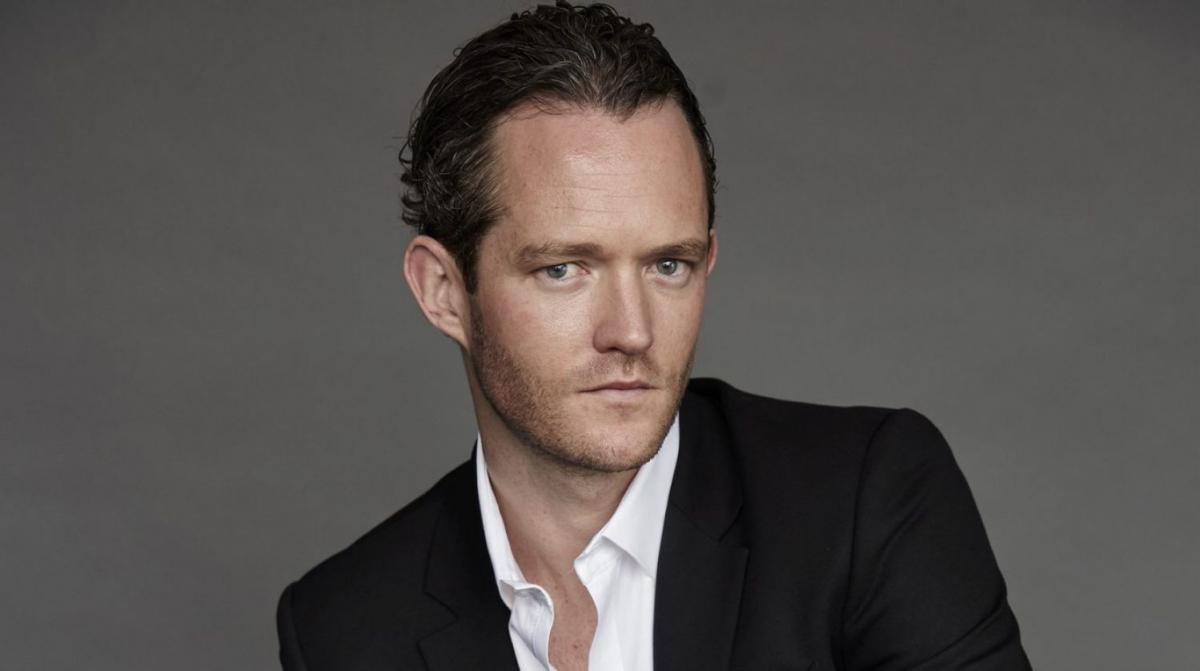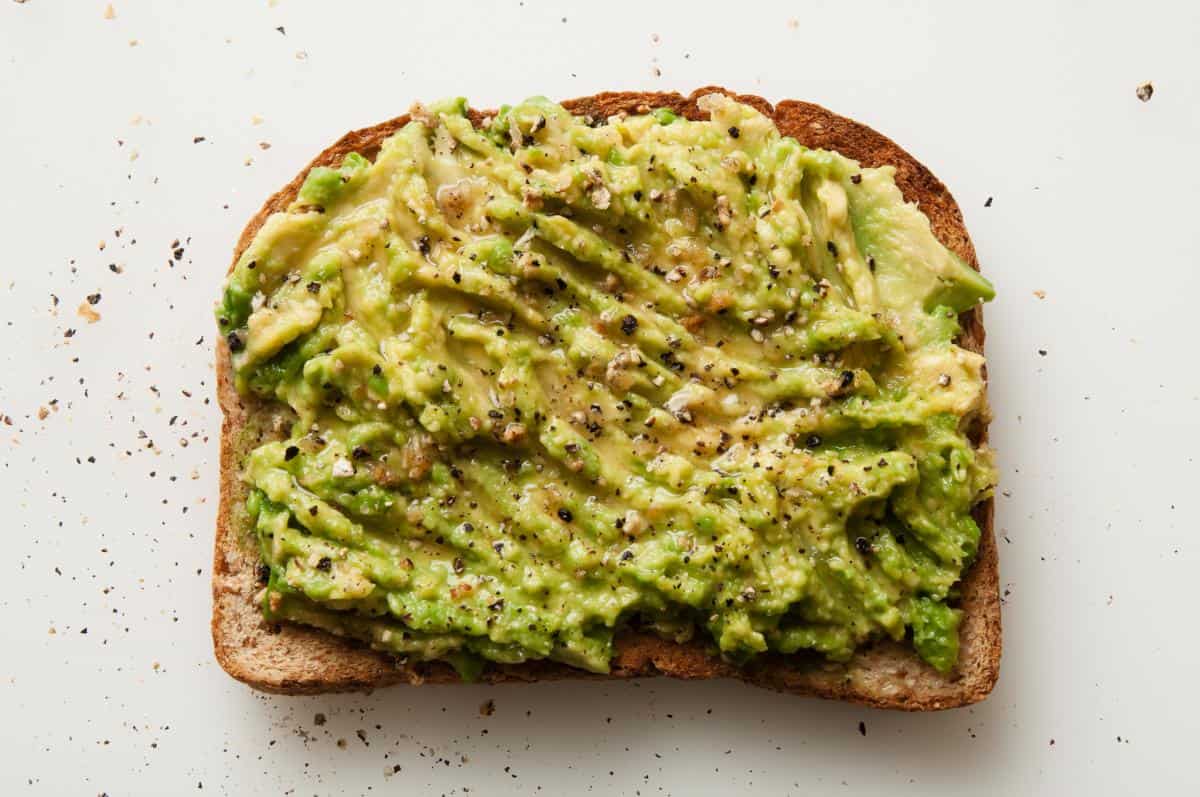You are what you eat, literally?
Millennials are not strangers to criticism – spoilt, spendthrifts, fragile and proud. You name it, we’ve heard it.
A short while back, an Australian millionaire Tim Gurner criticised millennial spending habits on a news programme, 60 Minutes.
“When I was trying to buy my first home, I wasn’t buying smashed avocado for $19 and four coffees at $4 each”
“The expectations of younger people are very, very high. They want to eat out every day, they want to travel to Europe every year,” Gurner continued.
Are his claims true? We spoke to some millennials to find out.
The millennials generally felt that his claims were not unfounded. Yes, we spend more on luxuries and save less, they say.
A Daily Option?
Editorial intern Nicholas Neo, 24, said, “I would prefer cafes and restaurants over let’s say cheaper options like coffee shops. The ambience and quality of the food are something that coffee shops cannot offer.”

The millennials placed their finger at spending approximately $20-$25 on average for a meal there.
“However, I limit myself to 3 or 4 such visits a month and those visits are usually limited to more special occasions such as a catch up with an old friend or for a treat with my girlfriend,” Neo continued.
Others such as consumer marketing specialist Marie Chong, 23, said, “My visits to restaurants and cafes are usually due to meeting up with my girlfriends and in a sense, there is unspoken peer pressure to spend more than you want to at times.”
It was a common consensus amongst the respondents that the cafe or restaurant option is considered more of a luxurious option rather than a go-to. Hence, it seems that even though millennials do indeed tend to spend more on cafes and restaurants, it is still in considerable moderation.
However, some millennials such as Business Undergraduate Hazel Yow, 23, prefer to give the more luxurious options a miss and opt for coffee shops instead.

“At coffee shops, I get quality Singaporean food at a quality price. I’m currently abroad and honestly, after working in another country, coffee shops are really the best.”
“Cafes are only there for the ‘gram but really, you can get a decent and equally satisfying meal at coffee shops if not more,” Yow added.
Saving For The Future
With regards to saving, Neo said, “In general, millennials have this need for instant gratification – instead of saving before spending on something, we do it the other way around. But I admit that this kind of mentality is not desirable… priorities need to be readjusted.”
Likewise, Business undergraduate Chen Jieyi, 21, echoes this sentiment and said, “Unlike the previous generation, millennials are mostly born with nothing to worry about. Hence I guess we spend with the mentality that I can always save up in the future.”
“Personally, I do agree that certain kinds of spending are unnecessary, and more restraint in spending should be developed.”
“It is likely that no matter how much money you earn if you do not know the importance of saving – you will still feel broke at the end of every month”
Others also noted that one of the reasons why some millennials have poor saving habits is because they are unaware of the value of money.

Business undergraduate Blossom Tan, 23, added, “We are less thrifty and have yet to really feel the value of money because most of us haven’t really worked hard yet.”
“Personally, I only knew the value of money after interning for a few month. Now I try to save before I spend.”
Working Towards It
Hence, we can safely say that while Gurner’s claims are not untrue, it is a sweeping statement and does not apply to all millennials.
Although they may not be as thrifty as their parents and more likely to spend on luxurious lifestyles, it is undeniable that the context for the generations has changed. But some millennials are taking active steps to save for their future, such as learning to invest or starting saving accounts.

The changes in spending can be broadly attributed to the cost and standards of living going up, as well as the infusion of technology into our lives. E-commerce, for example, feeds instant gratification as it offers much greater convenience in terms of accessibility to online retail stores as well as payment at a click of the finger.
Ultimately, you don’t have to ditch your brunch plans anytime soon. Spend within your means and start practising good saving habits!



















